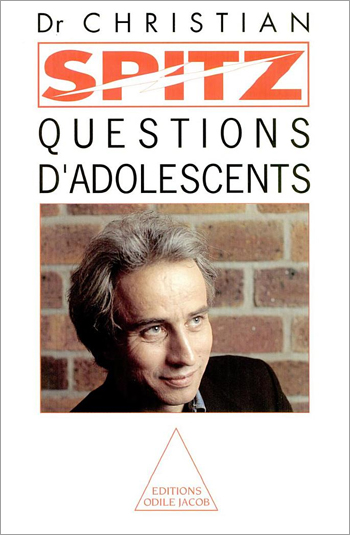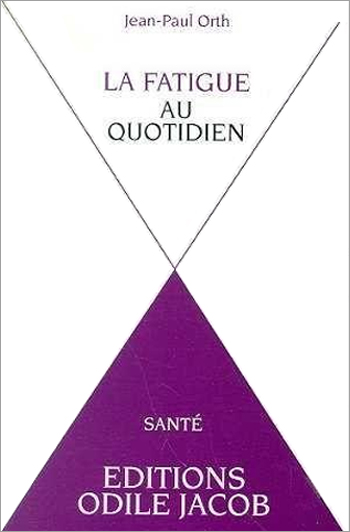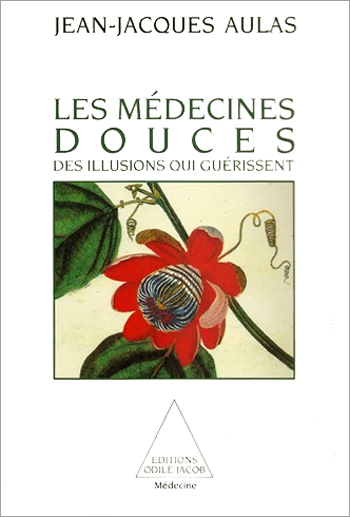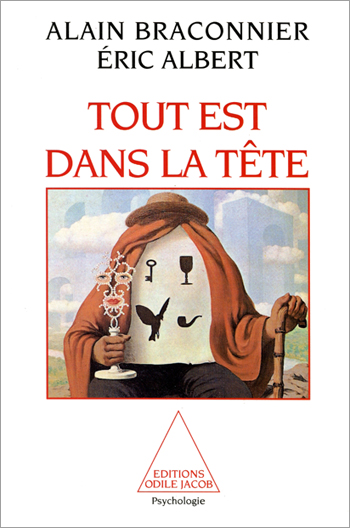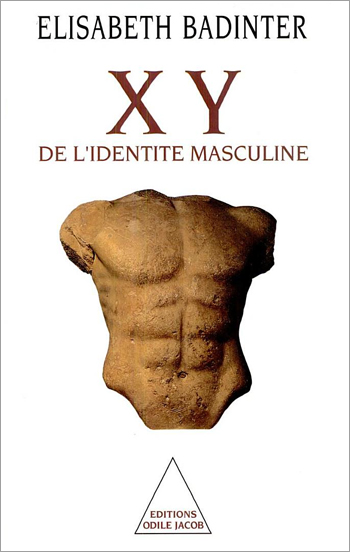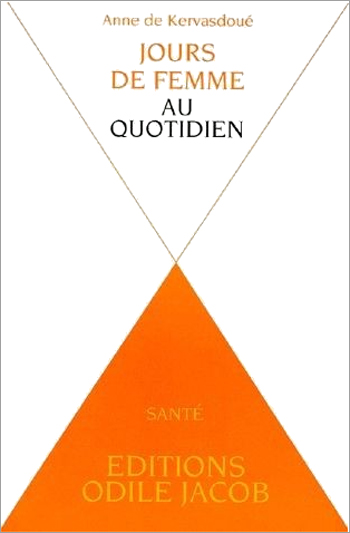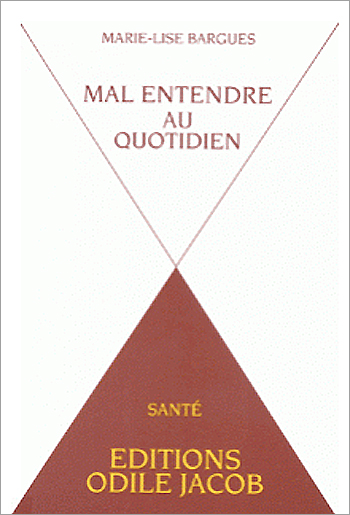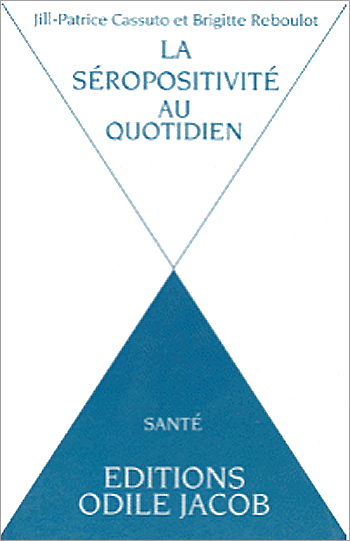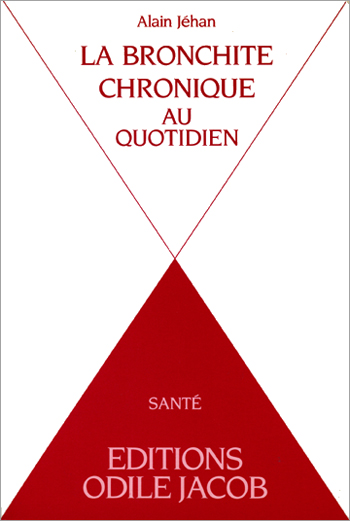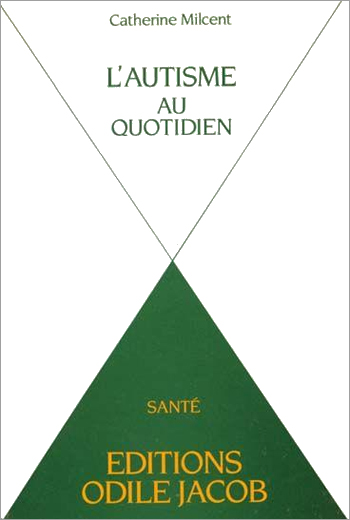Health and Wellness All books
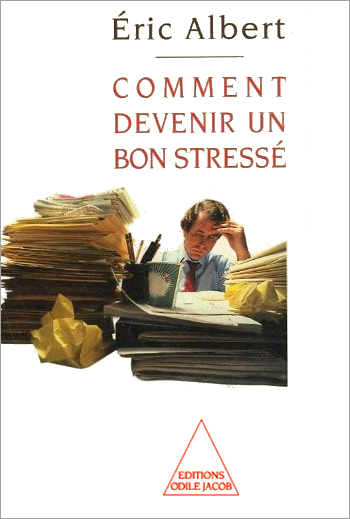
Éric Albert
How to Use Stress to Your Advantage
Stress, which is a product of our busy and agitated societies, does not necessarily occupy our private life. For many of us, stress is part of our professional life. What should we do in order to work better? How is it possible to put into place working and relational methods which favour efficiency and dynamism without exerting undue pressure? How can we avoid falling apart ? Éric Albert, a psychiatrist, explains what we know of stress today and moreover gives us facts which can help us analyze the way we work and how we can improve what can be improved.

Jacques Fricker
Cookery for Slimmers For Your Figure and Your Health
To eat well, is first to put some equilibrium in our daily diet. It is also to accomplish all kinds of small gestures which protect our line and good shape without avoiding a simple, savoury cuisine. Jacques Fricker gives here a recipe book which will put neither our health nor our weight in any danger.
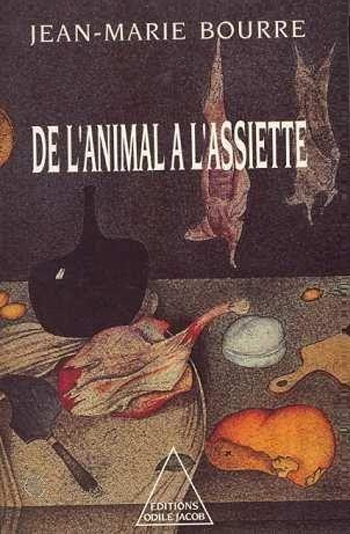
Jean-Marie Bourre
From the Animal to the Plate
Traditionally, meat was the basis of our meals. Today it has become the object of dietary resentment: too much fat, too rich, too heavy... Yet meat contains proteins essential to a healthy existence. J.-M. Bourre joins the search for meat replacements, exploring the riches of the sea, the ressources found in vegetal proteins, innovative cooking techniques, and recent changes in breeding.
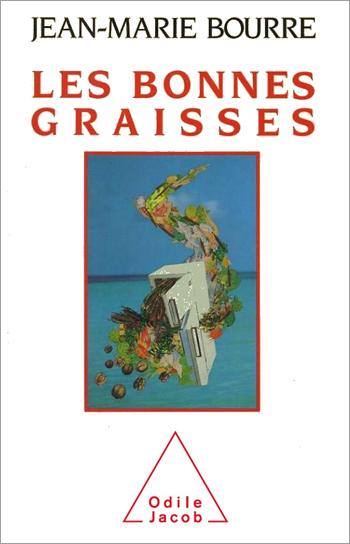
Jean-Marie Bourre
The Good Fats
Are fats the demons of modern times? Are they the bane of too rich diets? Are they the poison of opulent societies? Without fats, which are an absolute necessity for our brain and our health, life would be impossible. Fats are also the vectors of culture, through the many joys of cooking.
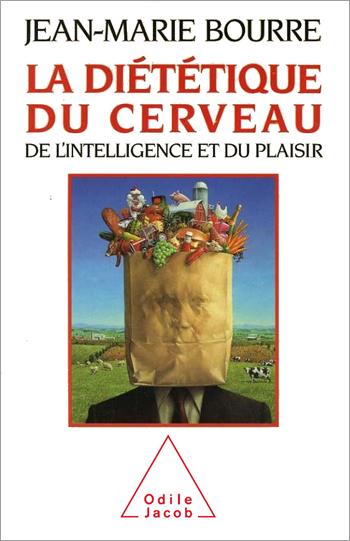
Jean-Marie Bourre
The Dietetics of the Brain Intelligence and Pleasure
What mechanisms govern our cravings, our taste, our nutritional needs? How should we eat to think well and work productively? J.-M. Bourre, a neurotoxicologist, celebrates the pleasures of a greedy brain, a gastronomical brain. He takes us on a fascinating exploration of the complex chemistry which links our brain to our plate in the world of proteins, vitamins, mineral salts, and lipids.

Catherine Bonnet
A Gesture of Love Giving birth anonymously
Why do some women give birth anonymously so that their child is instantly adopted? A pedopsychoanalyst, Catherine Bonnet recounts the heart-breaking testimonies of these suffering women whose single gesture of love is to protect their child from the violence within themselves. A fresh look at the foundations of maternity and of filiation. Catherine Bonnet is a pedopsychoanalyst.
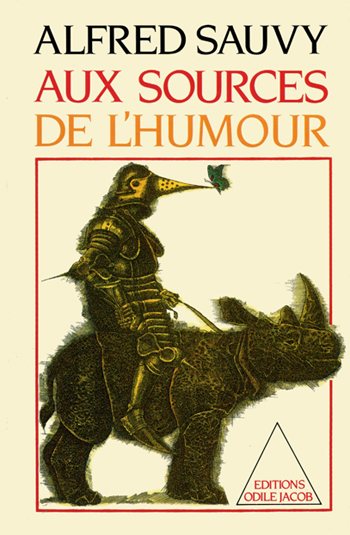
Alfred Sauvy
The Sources of Humour
With a view as encyclopedic as it is malicious, Alfred Sauvy invites us to journey through centuries and cultures in search of that eternal antidote to sadness and pedantry: humor. Faithful to his own voice, the author voluntarily leaves the floor to the humorists and offers us a pivotal reference work that combines erudition with an anthology that is full of alacrity. Alfred Sauvy (1898-1990) was a professor at the Collège de France, created and directed the Institut de Conjoncture, and later the National Institute of Demographic Study. Member of the Economic and Social Council of Paris, he was a longtime representative of France at the United Nations.
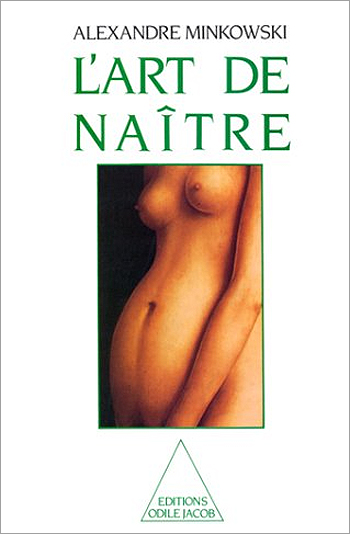
Alexandre Minkowski
The Art of Giving Birth
How are children born today in different cultures? At once a history of birth throughout the ages and a comprehensive medical anthropology, this book constitutes a rigorous overview and breakdown of our current knowledge in the fields of foetal biology and neonatal medicine. As a professor and the director of a research laboratory at Port-Royal, Alexandre Minkowski has dedicated his life's work to the medical and scientific study of the foetus.

